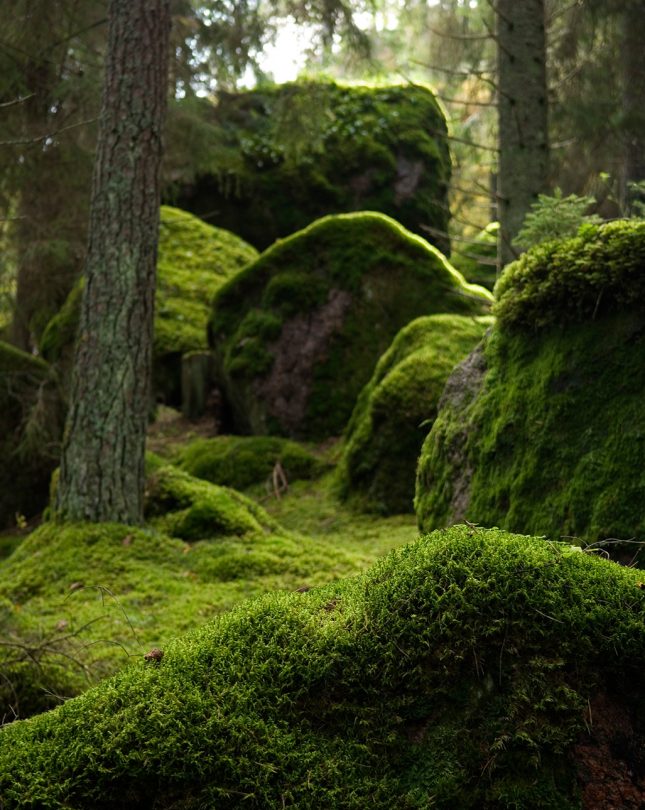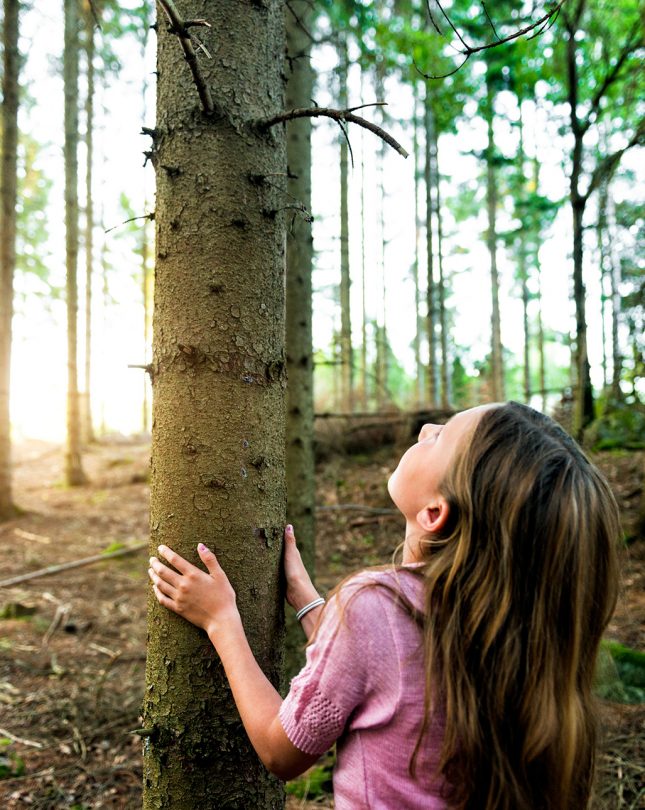Our latest news and views English
Underpinned by our Scandinavian design heritage, we bring you regular stories about architecture and interiors, exploring natural materials, acoustics, and the creation of safe and harmonious environments.
Whether meeting inside for coffee, grabbing a cocktail or two at the latest bar in town or throwing some moves on a dancefloor was your go-to activity for catching up with friends, people in most countries have had to think creatively about how to replicate that during Covid times.

While Sweden’s more liberal approach to controlling Covid-19 with no national lockdown enforced, fewer curbs on gatherings and hospitality, retail and childcare remaining open, elsewhere in the world, the great outdoors has become not just a place to get fresh air but essential to maintaining meaningful social interactions. Walks have become social currency, going out in the daylight has become our big night out. And judging by the feeds on our social media, forests, woods, parkland and other green space have all proved particularly popular.
The people of Sweden have long known the benefits of being outdoors of course, particularly in forests, and in Japan, the concept of ‘shinrin-yoku’ or ‘forest bathing’ has been around for decades. Forestry England, for instance, defines it as, “the simple method of being calm and quiet amongst the trees, observing nature around you whilst breathing deeply.” This, it says, “can help both adults and children de-stress and boost health and wellbeing in a natural way.” For more and more of us, nothing beats the feel of mossy bark or the swoosh of a rainy branch as the raindrops fall off when you brush past.
A 2019 article from the UK’s Guardian newspaper even points to the benefits of forest bathing in helping to reduce the risk of conditions such as strokes, ulcers and depression and that, along with other activities, it could be used as a form ‘social prescribing’ by the country’s National Health Service. Getting back to nature can provide the perfect antidote to our tech-dominated lives.
It offers an opportunity to reconnect with the soft mulch of a forest floor, a real contrast to pavements. Not to mention being able to have conversations with people face-to-face and thus staving off loneliness, which, according to 2020 research from McKinsey has grown exponentially since the pandemic began, with the proportion of people feeling lonely, ‘most of all of the time’ across Europe almost tripling from 6% to 17%.
The air doesn’t just feel fresher in a forest but National Geographic points to certain evergreen species releasing phytoncides, which can boost our immunity, with the benefits lasting long after we’ve visited our favourite bit of green space. And so, while many of us are currently denied the sensorial pleasures of live music in a concert hall, the smell of cooking in our favourite restaurant or even the hug of a good friend or relative, indulging in forest bathing, with added chat and laughter, remains one of our simplest and enduring pleasures.
